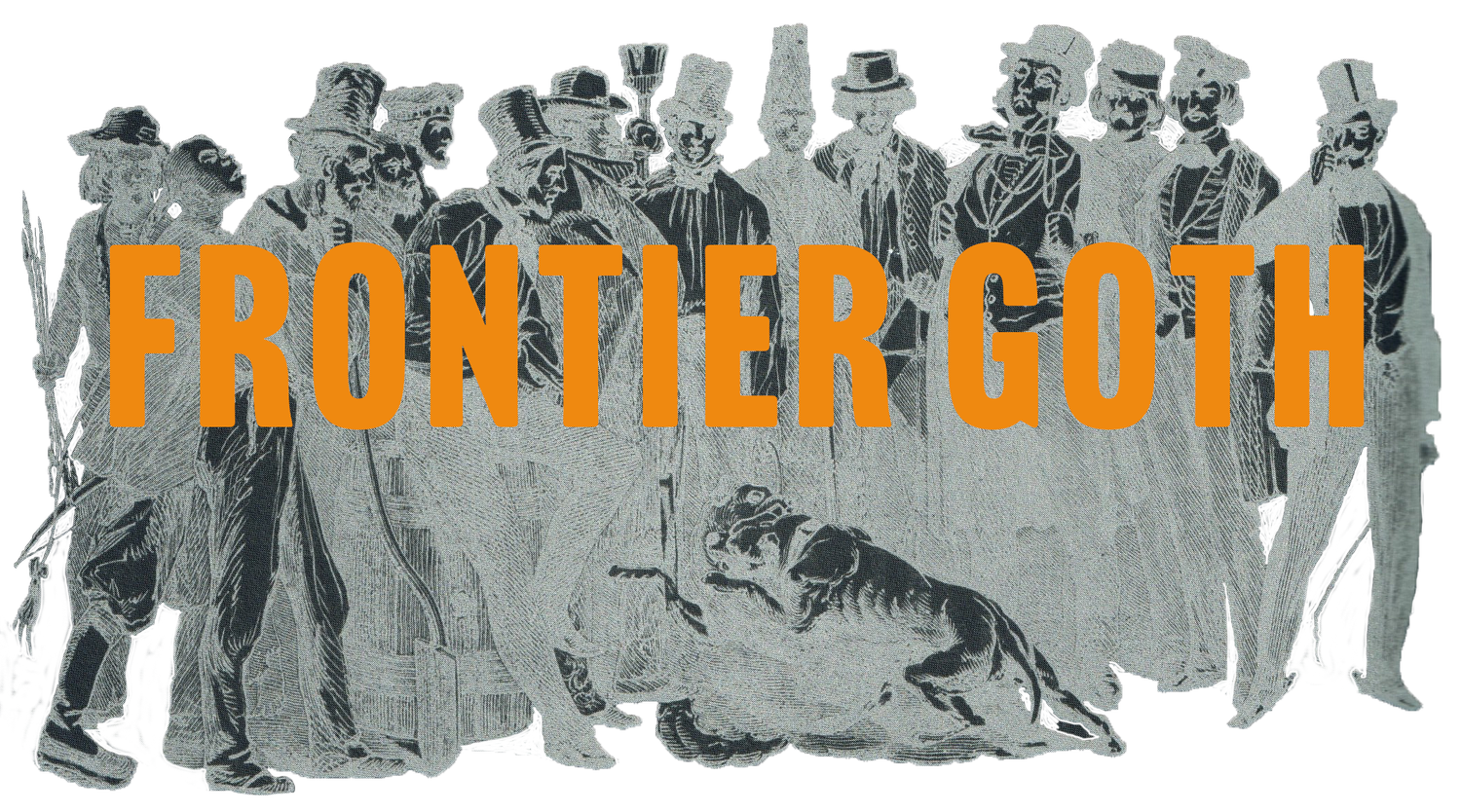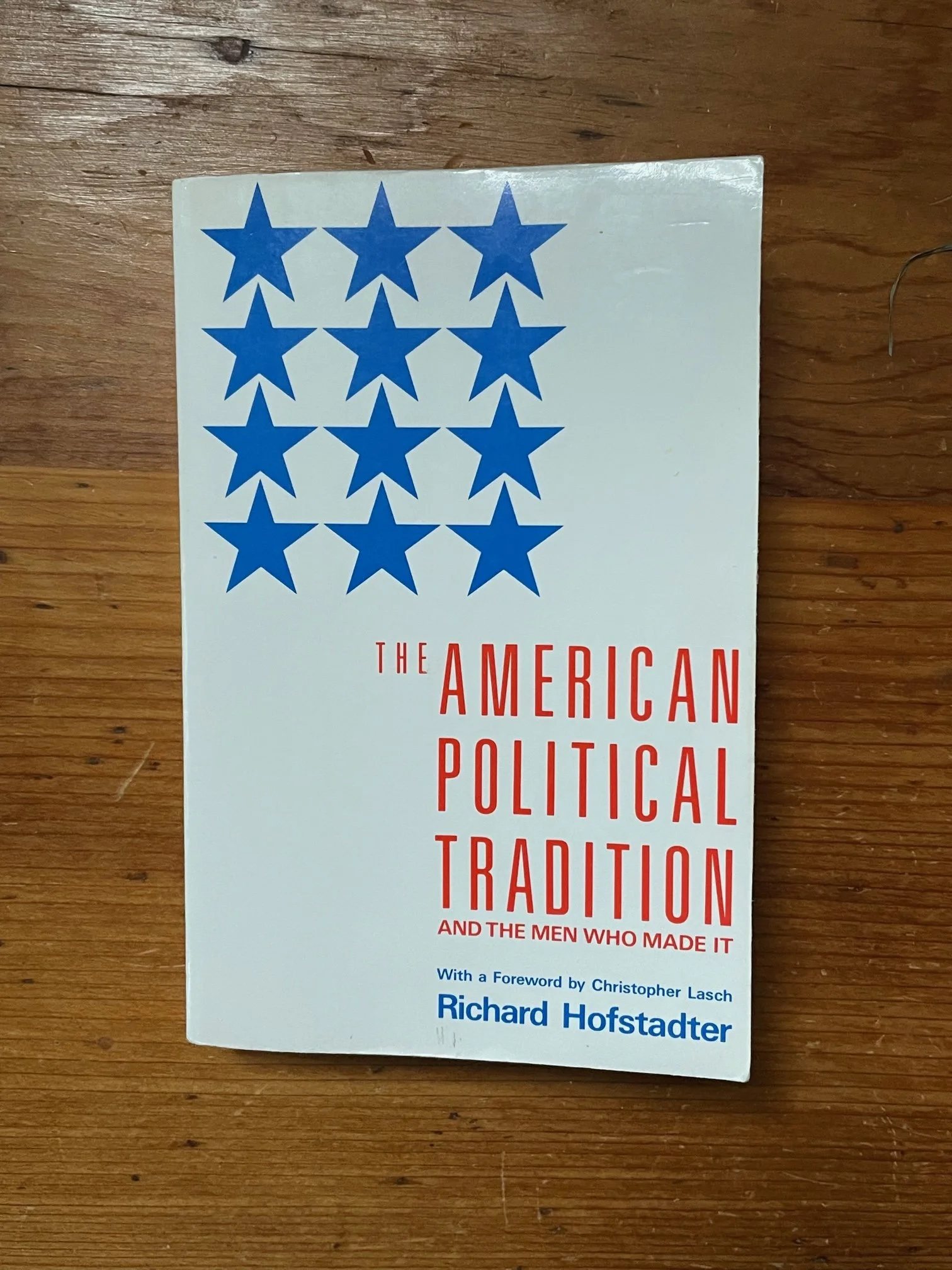The American Political Tradition and the Men Who Made It (2nd Time) by Richard HOfstadter
“In 1831 a friend recorded a conversation in which (John C.) Calhoun ‘spoke of the tendency of Capital to destroy and absorb the property of society and produce a collision between itself and operatives.’ ‘The capitalist owns the instruments of labor,’ Calhoun once told Albert Brisbane, ‘and he seeks to draw out of labor all the profits, leaving the laborer to shift for himself in age and disease.’ In 1837 he wrote to Hammond that he had had ‘no conception that the lower class had made such great progress to equality and independence’ as Hammond had reported. ‘Modern society seems to me to be rushing to some new and untried condition.’ ‘What I dread,’ he confessed to his daughter Anna in 1846, ‘is that progress in political science falls far short of progress in that which relates to matter, and which may lead to convulsions and revolutions, that may retard, or even arrest the former.’ During the peak of the Jacksonian bank war he wrote to his son James that the views of many people in the North were inclining toward Southern conceptions. They feared not only Jackson’s power, but ‘the needy and corrupt in their own section. They begin to feel what I have long foreseen, that they have more to fear from their own people than we from our slaves.’
”In such characteristic utterances there is discernible a rough parallel to several ideas that were later elaborated and refined by Marx: the idea of pervasive exploitation and class struggle in history; a labor theory of value and a surplus appropriated by the capitalists; the concentration of capital under capitalistic production; the fall of working-class conditions to the level of subsistence; the growing revolt of the laboring class against the capitalists; the prediction of social revolution. The difference was that Calhoun proposed that no revolution should be allowed to take place. To forestall it he suggested consistently—over a period of years—what Richard Current has called ‘planter-capitalist collaboration against the class enemy.’ In such a collaboration the South, with its superior social stability, had much to offer as a conservative force. In return, the conservative elements in the North should be willing to hold down abolitionist agitation; and they would do well to realize that an overthrow of slavery in the South would prepare the ground for social revolution in the North.”
-Richard Hofstadter, 1948



